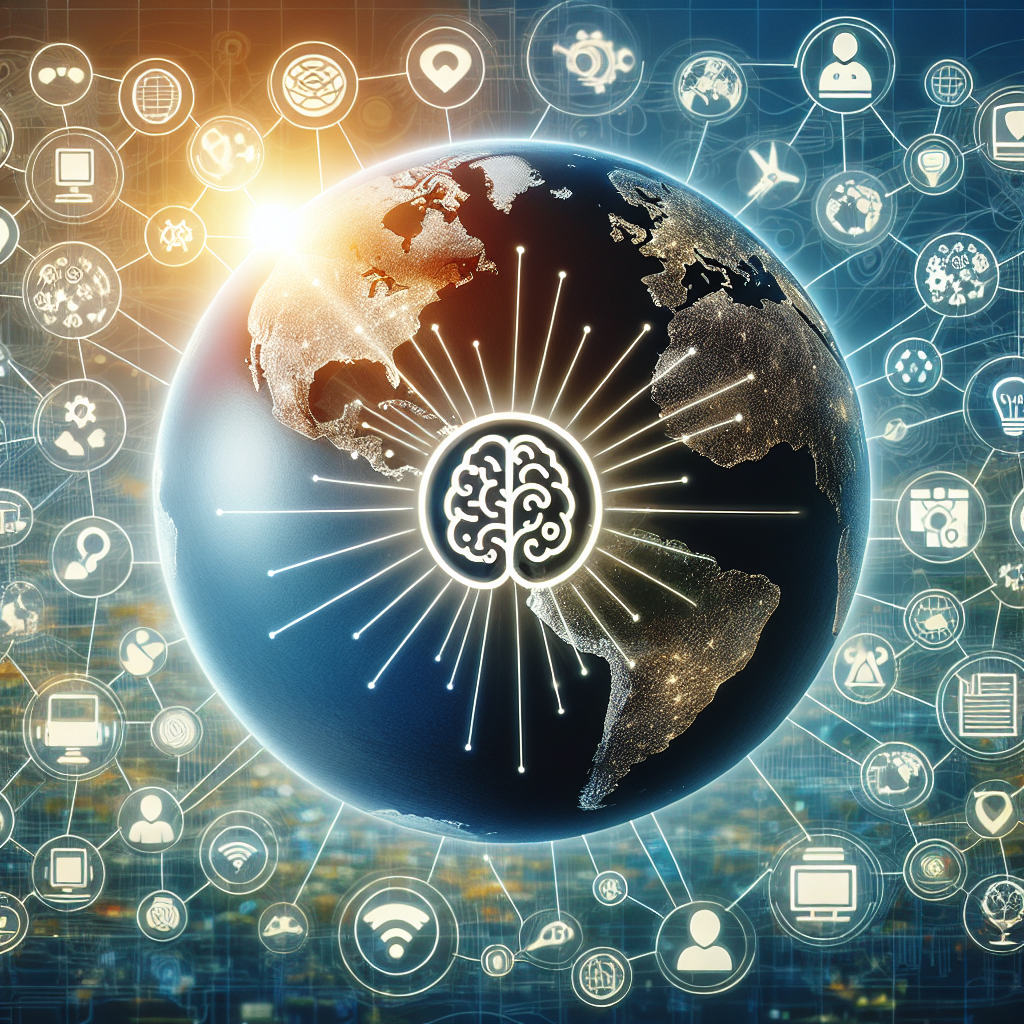Artificial General Intelligence (AGI) is a term that refers to a type of artificial intelligence that can understand, learn, and apply knowledge across a wide range of tasks and domains. Unlike narrow AI, which is designed for specific tasks such as image recognition or natural language processing, AGI is capable of performing a variety of tasks and adapting to new situations without human intervention. This revolutionary technology has the potential to transform industries across the globe in ways that were previously unimaginable.
AGI is already making waves in a variety of industries, from healthcare to finance to manufacturing. In healthcare, AGI is being used to analyze medical images and diagnose diseases with greater accuracy and speed than human doctors. In finance, AGI is being used to predict market trends and make investment decisions with greater precision. In manufacturing, AGI is being used to optimize production processes and improve efficiency.
One of the key advantages of AGI is its ability to learn and adapt to new situations. This means that as AGI systems are deployed in various industries, they will continue to improve and become more efficient over time. This has the potential to revolutionize industries by increasing productivity, reducing costs, and improving the quality of products and services.
AGI is also expected to have a significant impact on the job market. While some fear that AGI will lead to widespread job loss, others believe that it will create new opportunities for workers to learn new skills and take on more creative and fulfilling roles. In any case, it is clear that AGI will change the way we work and interact with technology in the future.
One of the most exciting aspects of AGI is its potential to solve some of the world’s most pressing challenges. For example, AGI could be used to help scientists discover new drugs, develop renewable energy solutions, or address climate change. By harnessing the power of AGI, we may be able to find innovative solutions to problems that have long plagued humanity.
Overall, AGI is revolutionizing industries across the globe in ways that are still being explored and understood. As this technology continues to develop and mature, we can expect to see even more dramatic changes in the way we work, live, and interact with the world around us.
FAQs:
Q: What is the difference between AGI and narrow AI?
A: AGI is a type of artificial intelligence that can understand, learn, and apply knowledge across a wide range of tasks and domains, while narrow AI is designed for specific tasks such as image recognition or natural language processing.
Q: How is AGI being used in healthcare?
A: AGI is being used in healthcare to analyze medical images, diagnose diseases, and develop personalized treatment plans for patients.
Q: Will AGI lead to widespread job loss?
A: While some fear that AGI will lead to job loss, others believe that it will create new opportunities for workers to learn new skills and take on more creative roles.
Q: How will AGI impact the job market?
A: AGI is expected to change the way we work by increasing productivity, reducing costs, and creating new opportunities for workers to learn new skills and take on more creative roles.
Q: What are some of the challenges that AGI can help solve?
A: AGI has the potential to help solve challenges such as discovering new drugs, developing renewable energy solutions, and addressing climate change.

